Strong influence in Africa
The Wagner private military corporation, founded by Yevgeny Prigozhin in 2014, has been widely mentioned after participating in the war in Ukraine and achieving great victories such as the battle at Bakhmut earlier this year. But in reality, Wagner has not only made its mark in Ukraine.
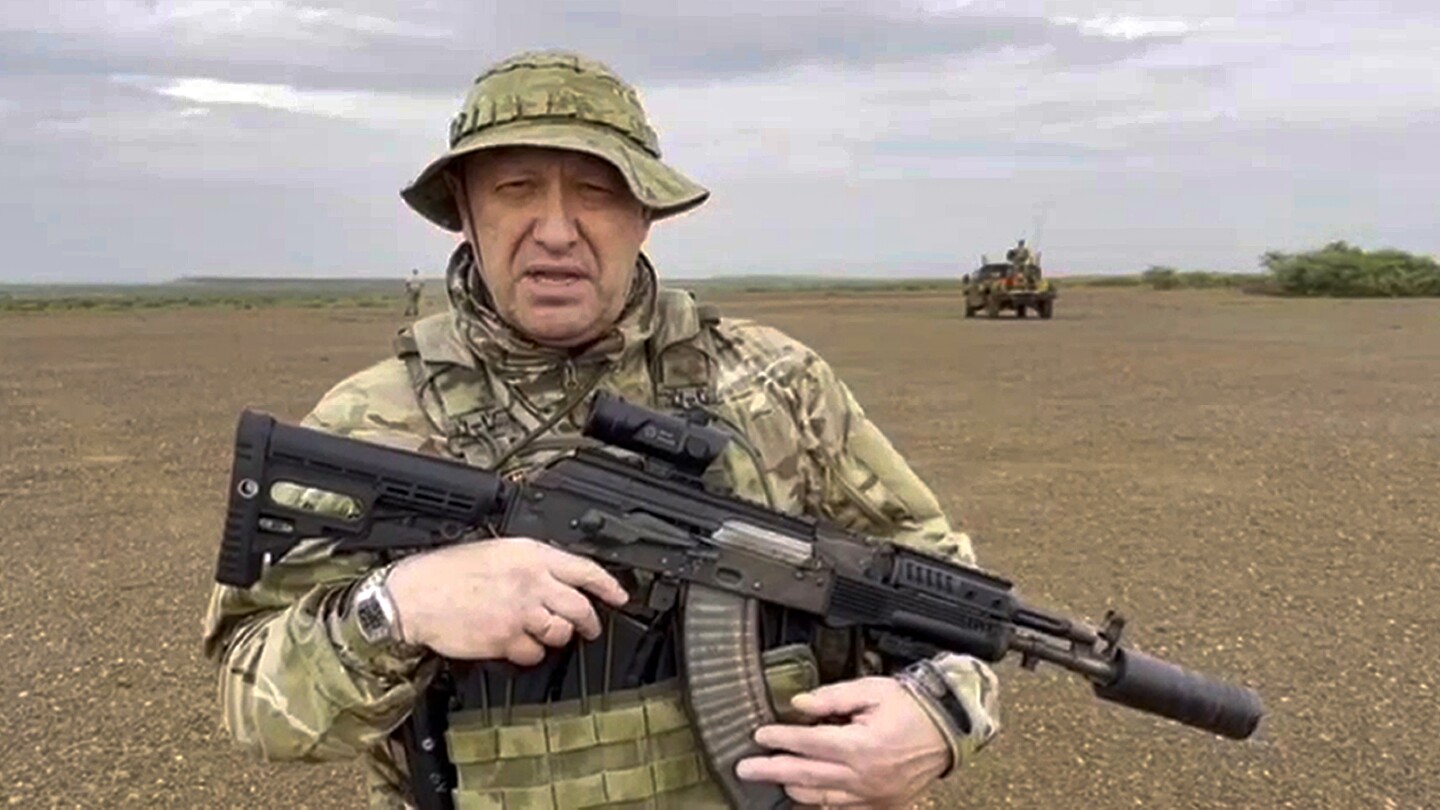
The boss of the Wagner military corporation, Yevgeny Prigozhin - who is believed to have died in the plane crash on August 23 - Photo: The Telegraph
In recent years, Prighozin’s forces have made their footprints in many places in Africa, from North Africa to Central Africa and West Africa. Among them, the Sahel region stands out, a strip of arid land stretching over 3 million square kilometers across Africa, located south of the Sahara desert as a transition zone between North and Central Africa.
In the Sahel, jihadist groups linked to the self-proclaimed Islamic State (IS) and the terrorist organization Al-Qaeda are increasingly active, causing governments here, such as Mali, Burkina Faso and Niger... to struggle to cope. Along with the power struggle between generals, and between military leaders and civilian authorities, the security problem in this region has become extremely difficult.
That context is fertile ground for Wagner to penetrate and take root. According to Foreign Policy, Wagner soldiers are operating in at least eight African countries, participating in all types of security services: from protecting mining facilities, ensuring security for VIPs to replacing regular armies to fight terrorism and protect territory.
In the Central African Republic, for example, Wagner forces were hired to protect Faustin-Archange Touadéra and fight against armed rebel groups. There are an estimated 1,000 Wagner mercenaries stationed in the Central African Republic as of 2018, and in addition to acting as an iron fist on the battlefield, Wagner soldiers are also involved in protecting the government’s precious metals mining facilities.
Wagner’s second major presence is in Mali, where it supports the current military government in controlling the country and suppressing an insurgency by jihadist militants. Wagner is also working with one of the two military factions in Sudan’s civil war, the Rapid Support Forces (RSF) paramilitary force led by General Mohammed “Hemedti” Hamdan Daglo, according to Columbia University political science professor Kimberly Marten.
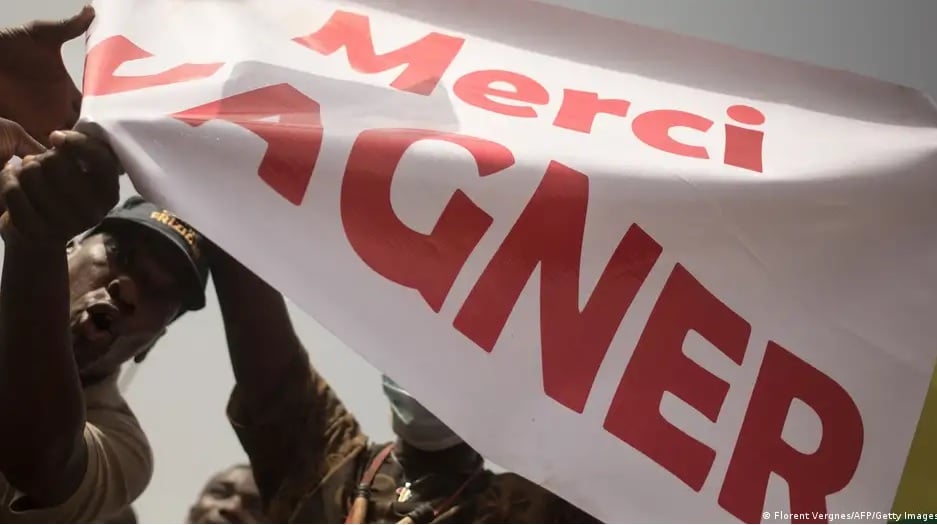
Mali people welcome Wagner in the fight against radical Islamist rebels. Photo: Getty
In addition, Wagner also has a deep presence in Eastern Libya, working with the warlord of that region, Khalifa Haftar, to ensure that his air defense system operates effectively, thereby protecting the oil and gas resources that Haftar controls.
Headless snake or snake with new head?
But following reports that Wagner leader Yevgeny Prigozhin may have died in a plane crash in Russia, many are now wondering whether the private military group's military support in Africa will remain unchanged.
For Ryan Cummings, director of risk assessment at the Center for Strategic and International Studies (CSIS), it seems likely that Wagner's operations in Africa will “continue as they have for the past several months or even years in certain contexts.”
Cummings said the future of the mercenary group in Africa remains uncertain, even though Prizgozhin is no longer involved or leading the force. “If you look at the structure of Wagner in countries like the Central African Republic, Mali, Sudan and Libya, there is no immediate indication that they are going to stop operating or even significantly disrupt their operations.”
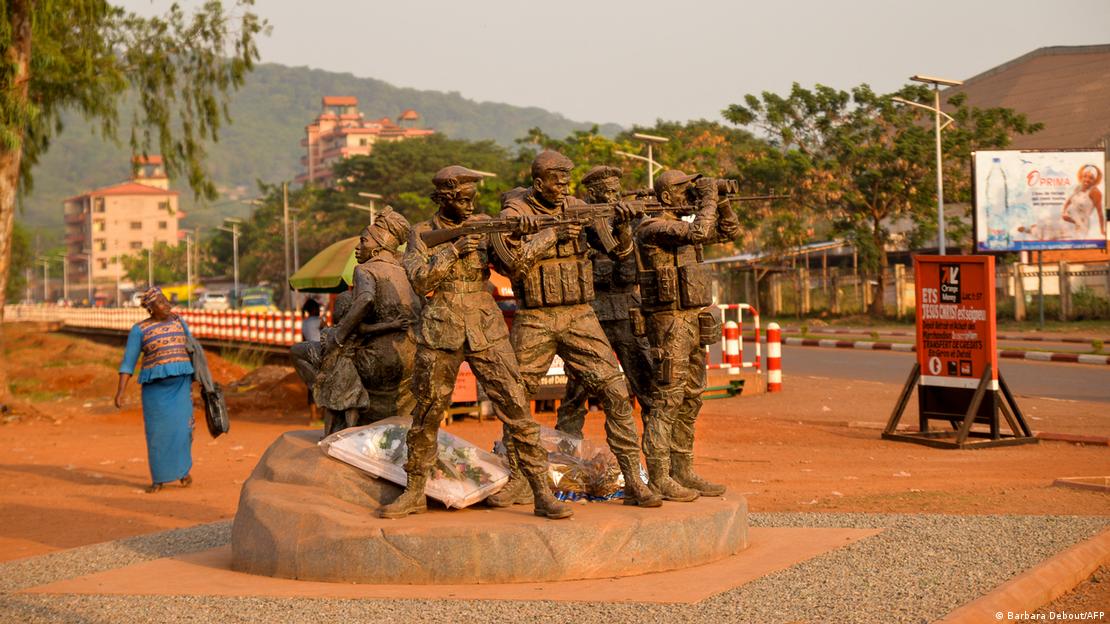
A monument has been erected in the Central African Republic's capital Bangui to honour the contributions of the Wagner private security force. Photo: AFP
In an exclusive interview with DW, Fidele Gouandjika, an adviser to Central African Republic (CAR) President Faustin-Archange Touadera, said that relations between his country and the paramilitary forces (from Wagner) would remain the same. “We have a defense agreement and the paramilitary forces that are with us will continue their work as before. They will find another head,” Gouandjika said.
Meanwhile, in Mali, there are even more financial entanglements between the military government and Wagner and its subsidiaries. In late 2021, the Center for Strategic and International Studies (CSIS) identified a new military base under construction in Mali. Eyewitnesses at the scene later confirmed that the base belonged to Wagner.
Western intelligence reports say Mali, one of the world’s poorest countries, spends $10 million a month, or more than €100 million a year, on Wagner mercenaries. Wagner also has a significant stake in Mali’s oil sector, effectively controlling the price of its oil exports.
Thus, according to historian Irina Filatova, professor emeritus and senior research fellow at the University of KwaZulu-Natal in South Africa, each of Wagner's African branches can position itself independently in a potential post-Prigozhin future.
Therefore, it can be assumed that the interests and relationships between Wagner and its partners on the black continent will not change in the future, even if Yevgeny Prigozhin is no longer there.
Nguyen Khanh
Source








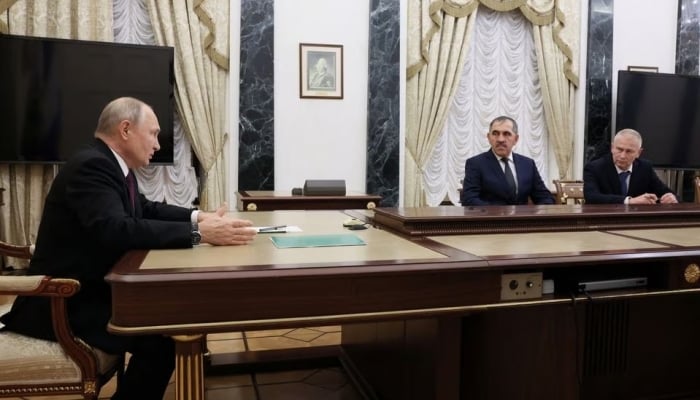
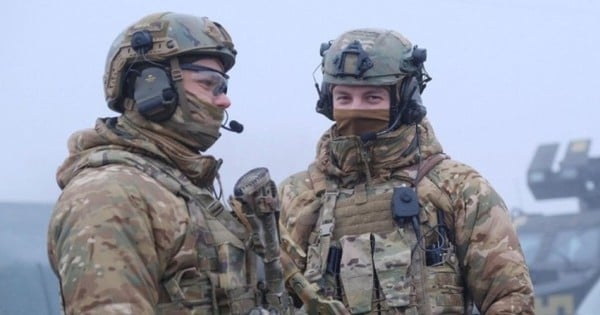

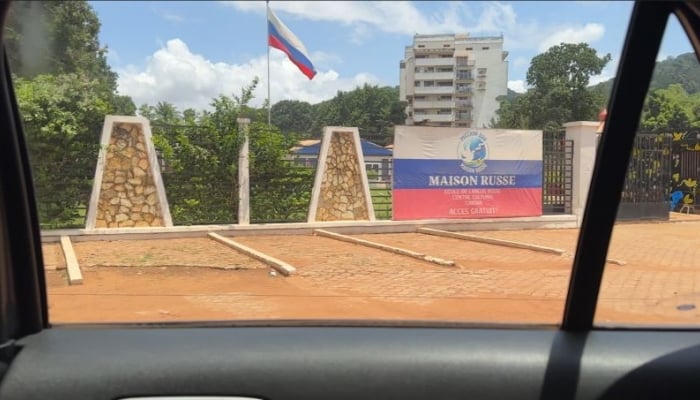


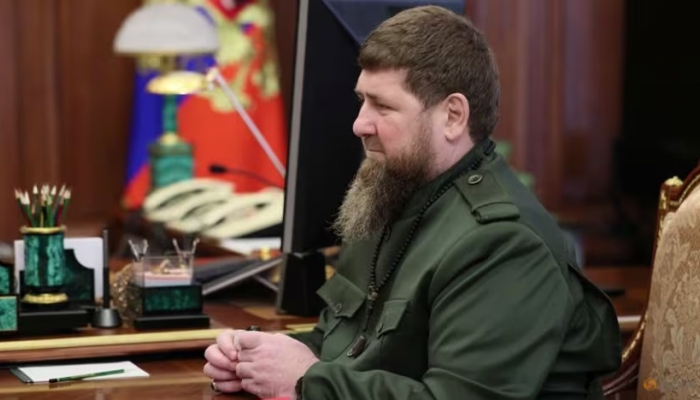
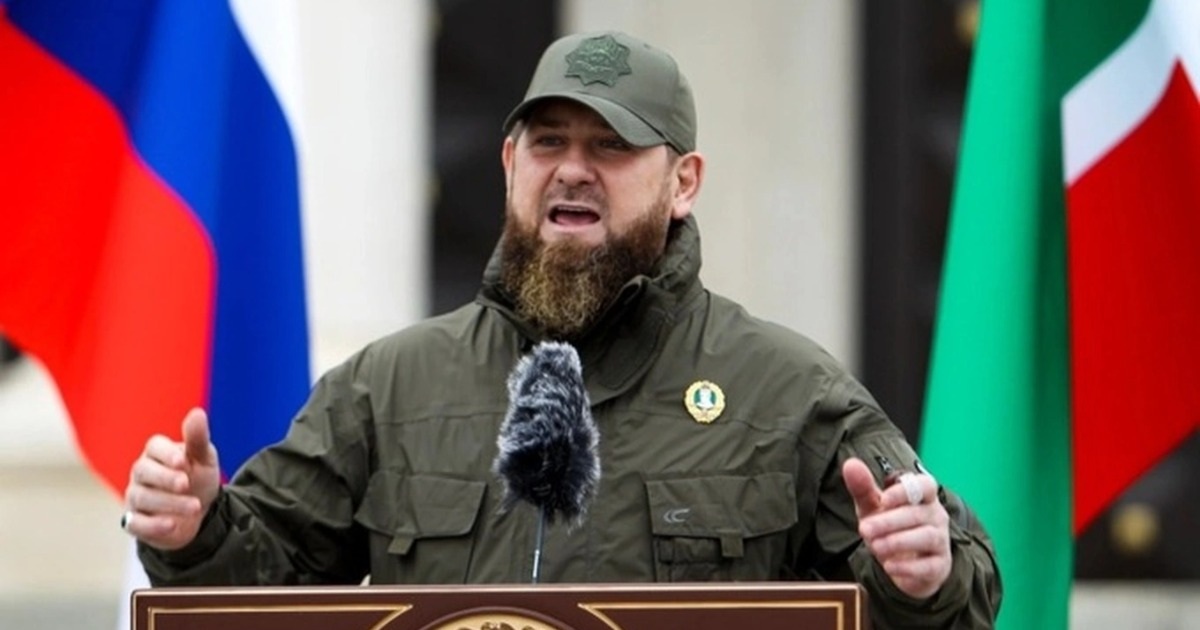


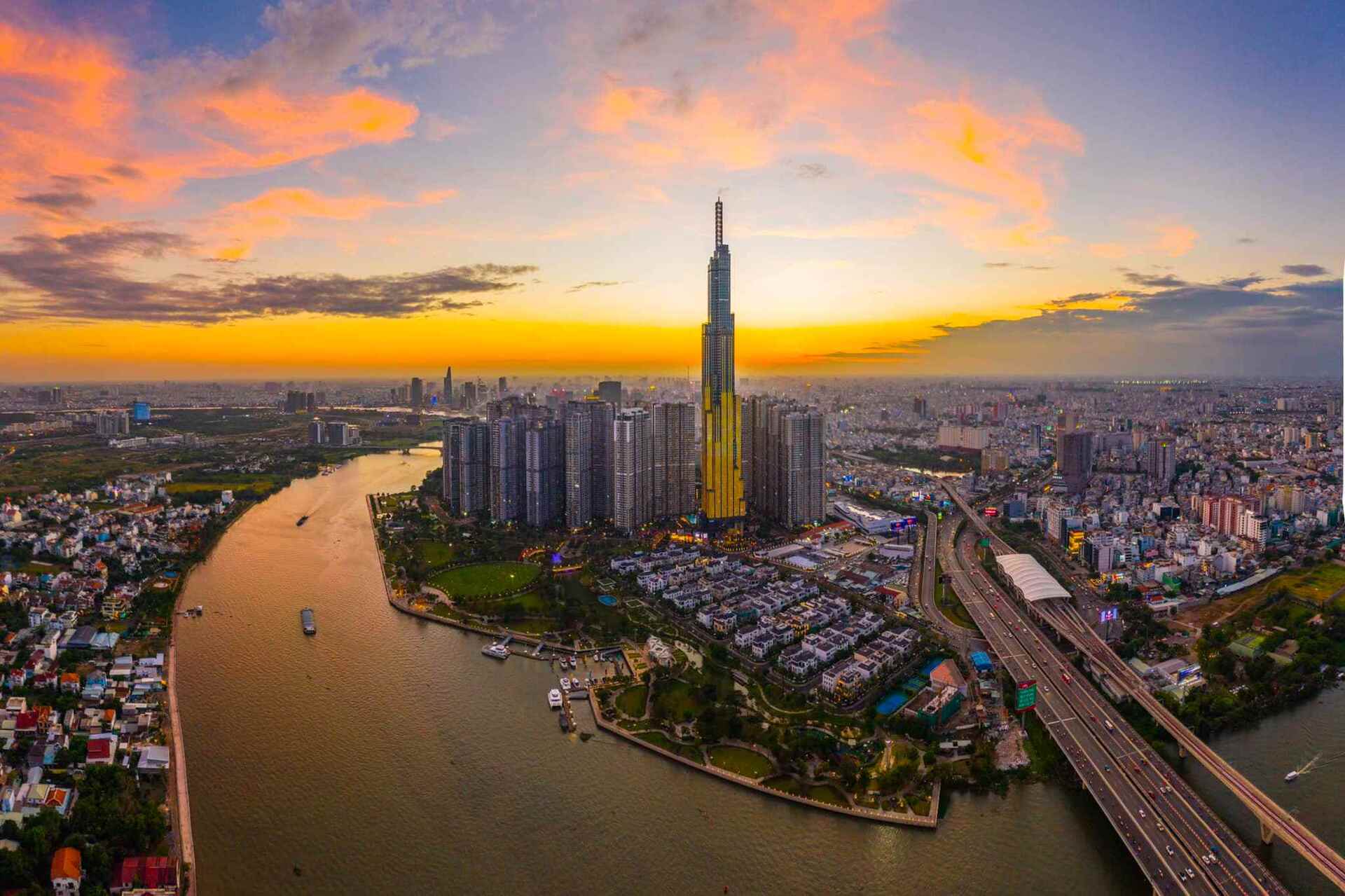




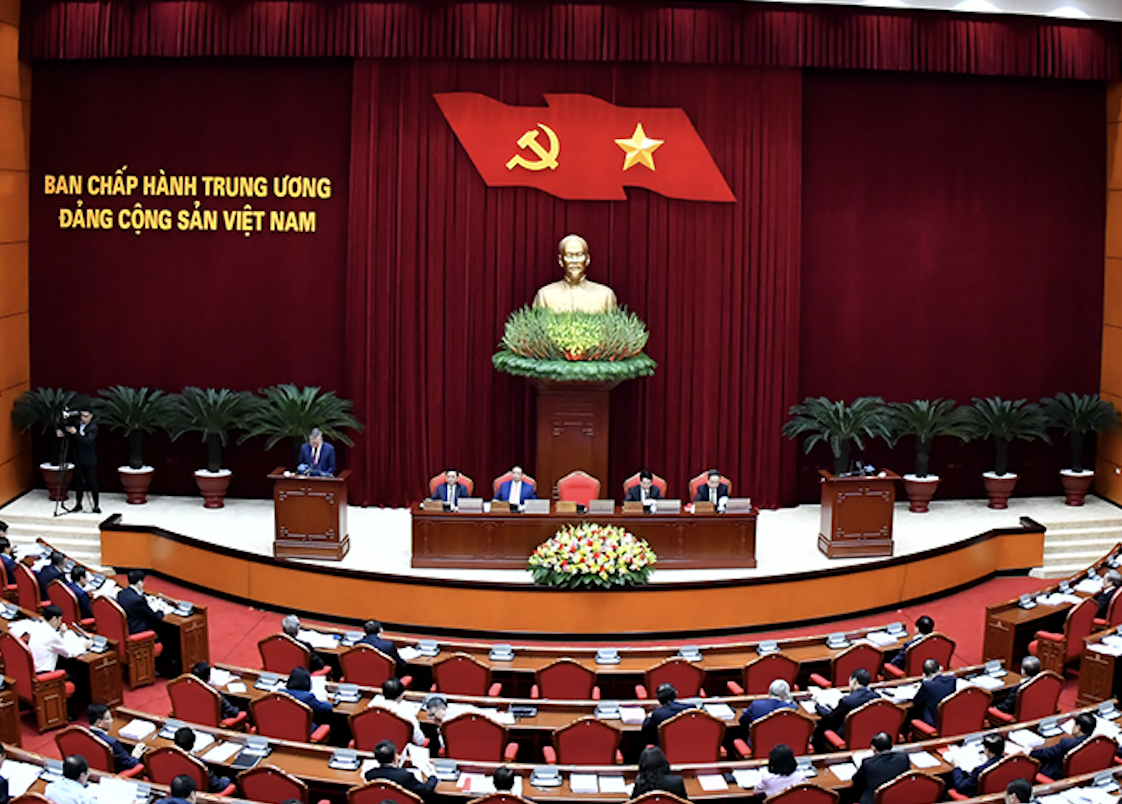



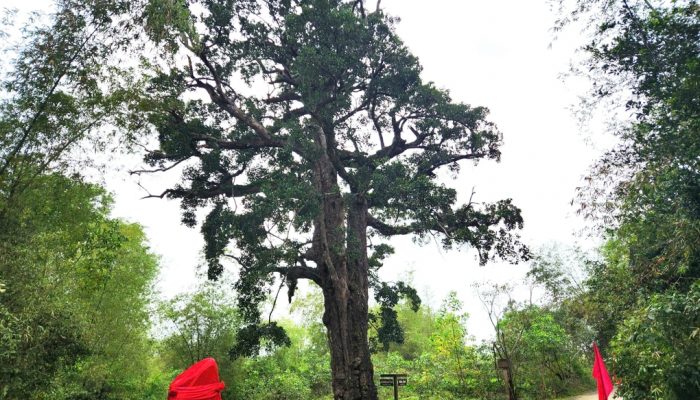










![[Photo] Prime Minister Pham Minh Chinh chairs Government Conference with localities on economic growth](https://vstatic.vietnam.vn/vietnam/resource/IMAGE/2025/2/21/f34583484f2643a2a2b72168a0d64baa)
























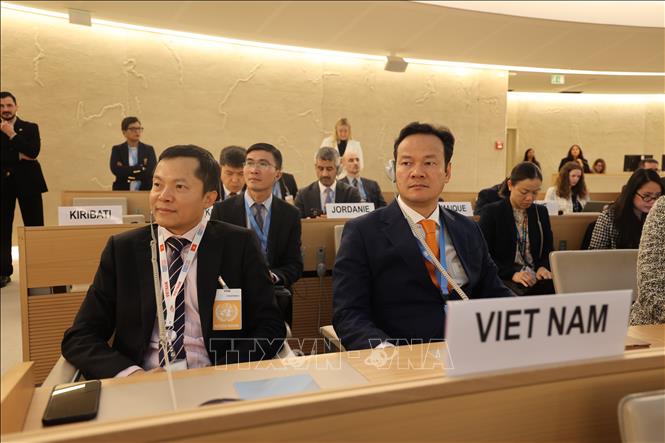


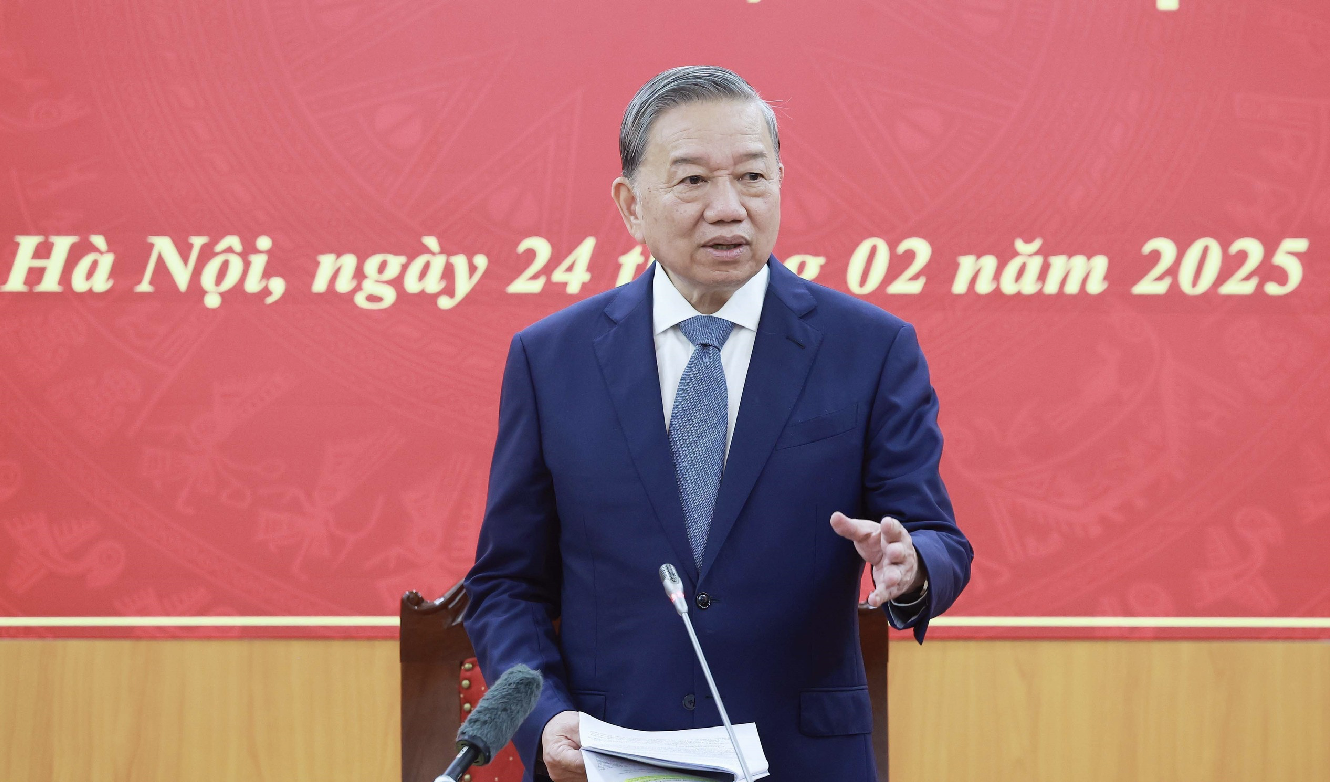


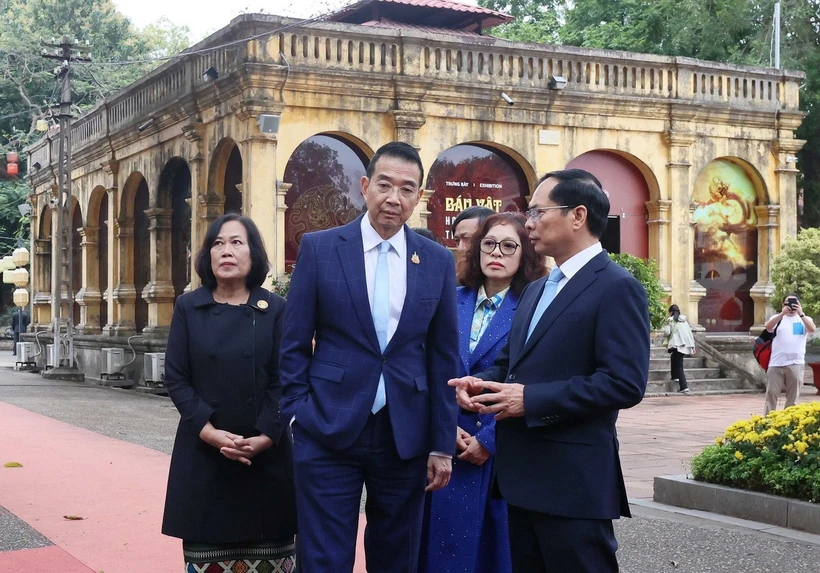
























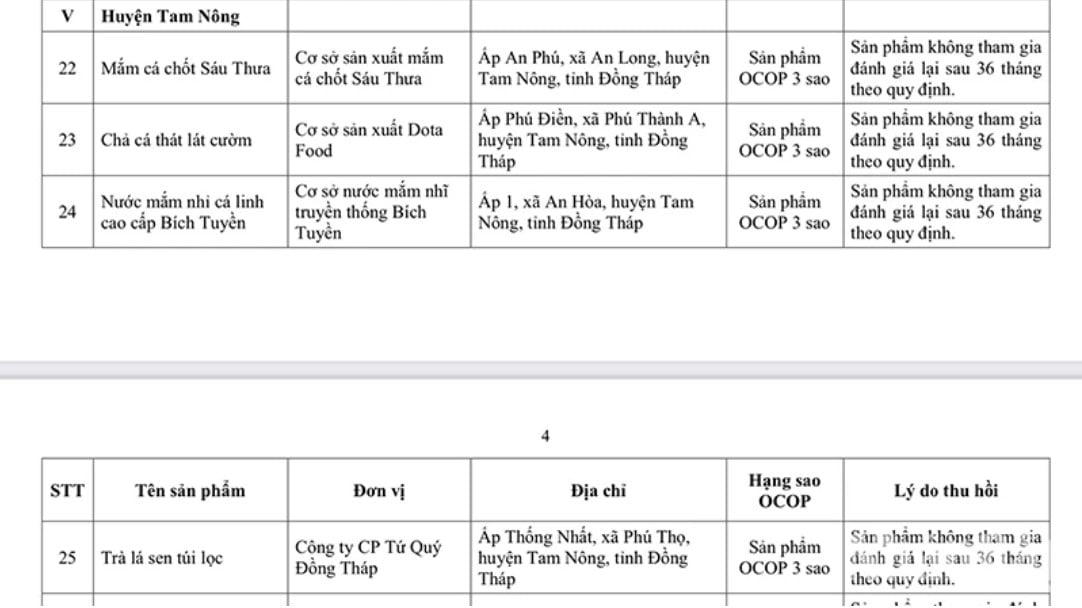
Comment (0)